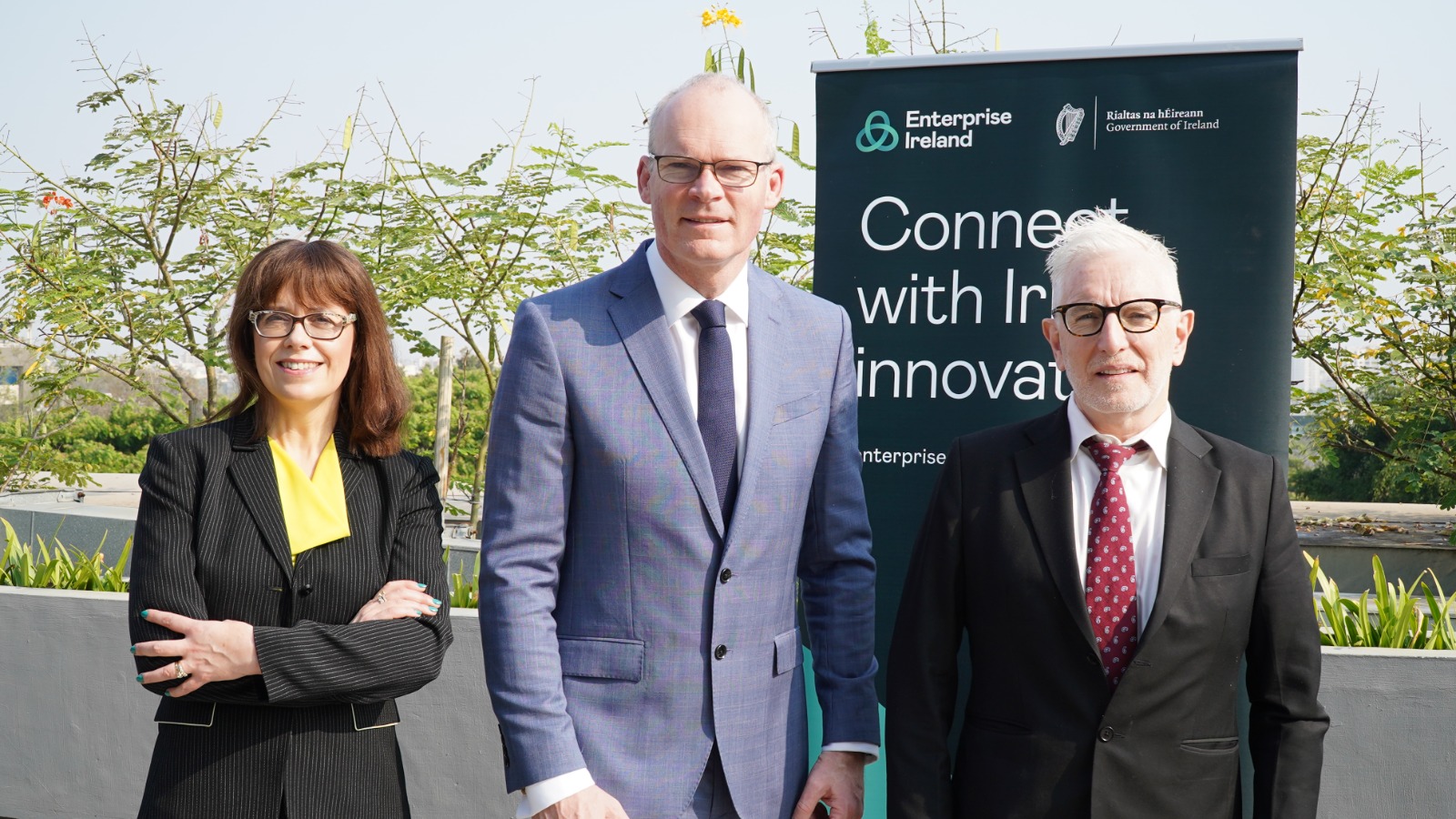16th August 2024: Amid frequent extreme weather events and unfolding humanitarian crises, the need for responsive relief missions increases manifold. Though relief and rescue efforts across the world are mostly handled by organisations like The International Rescue Committee (IRC), national rescue centres, armed forces, Coast Guard services, the Air Force and maritime agencies, the commercial aviation sector can also play an important role. Helicopter services can successfully airlift people and supply aid while airports often serve as key hubs for rescuers as well as the management of relief supplies, cargo deliveries, and refugee inflow and outflow.

On World Humanitarian Day (August 19), as the world remembers courageous humanitarians, Jaideep Mirchandani, owner of Sky One Airways underscores the invaluable service provided by the aviation sector during disaster relief operations. There have been numerous incidents where aviators have lost their lives while engaged in relief efforts.
“The role of aviation is crucial in emergency relief scenarios, serving as a primary means of providing rapid and dependable access to humanitarian aid. It also helps in swiftly delivering assistance, especially when existing infrastructure is damaged or conflict zones impede access to affected areas,” says Jaideep Mirchandani.
The choppers services provided by Sky One in India have participated in various rescue operations as well, including facilitating firefighting efforts, delivering medical and food supplies to war-affected areas and evacuating distressed communities.
“Disaster relief operations often face challenges such as limited airfield availability, dilapidated or damaged infrastructure and adverse weather conditions. However, technological advancements, including thermal imaging cameras and drones are helping disaster response teams to overcome some of these hurdles,” adds Mr Mirchandani.
He says that the key responsibility of the airlines at the time of disaster relief situations is careful planning and organising available resources wisely. “This involves developing a detailed logistical plan to effectively utilise available aircraft and helicopters. Prioritising essential supplies such as food, water, shelter materials and medical kits, according to the immediate requirements of disaster-affected people, is also vital,” he adds.
Mr Mirchandani believes that the effectiveness of relief measures largely depends on smooth coordination between governments, international agencies like the Office for the Coordination of Humanitarian Affairs (OCHA), aviation authorities, security forces and rescue operators. “An effective disaster response and relief management team is an integral part of strong aviation management practices. In an increasingly uncertain world, the importance of aviation in humanitarian assistance is expected to grow,” he concludes.
